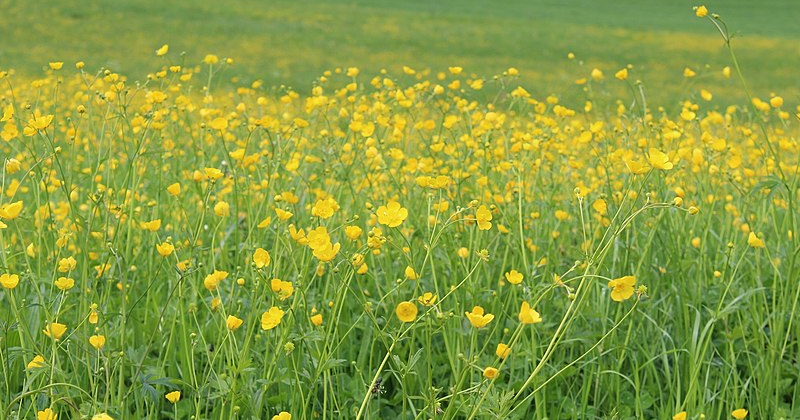

If you take some time to read the poetry of Keats, you might begin to notice something. Keats is not typically a hater. If anything, he is an appreciator. There is an ode to a Grecian urn, an ode to Psyche and an ode to a nightingale. What is an ode? It is a lyric poem. These particular lyric poems include quite a bit of praise and sweet speech. Consider the beginning of “Ode to Psyche:”
O Goddess! hear these tuneless numbers, wrung
By sweet enforcement and remembrance dead,
And pardon that thy secrets should be sung
Even into thine own soft-conched ear:
Keats speaks sweetly to Psyche. He speaks sweetly of many things, as well. According to Keats, the Grecian urn is a “Sylvan historian, who canst thus express/A flowery tale more sweetly than our rhyme.” The nightingale is the “light-winged Dryad of the trees.”
Many of Keats’ poems show his enthusiasm on encountering new things. He has a poem titled “On First Looking Into Chapman’s Homer.” Have you recently appreciated a translation enough to write a poem about it? Have you said anything about an author lately equivalent to Keats’ claim that, though he was familiar with Homer’s epics and ancient Greece, “Yet did I never breathe its pure serene/Till I heard Chapman speak out loud and bold?”
Keats appreciated all kinds of things. He has a poem about Chaucer’s “The Floure and The Leefe.” He says “What mighty power has this gentle story!” He has a poem on the Elgin Marbles. He has one about Homer. He wrote a poem titled “On Sitting Down to Read ‘King Lear’ Once Again.” He considers that play a “golden-tongued Romance with serene lute!” Shakespeare he hails as “Chief Poet!”
What these poems demonstrate is a keen sense of observation, tinged with wonder and ready to appreciate what is encountered. No doubt Keats was more complicated than this, but his poetry offers us a way of being in the world that is worth considering. Yes, there is a certain “Kilroy was here” aspect to writing poems about all that you are reading, but there’s also a sense of celebrating the good things that exist and being thankful for the opportunity to encounter them. Think over the words of “Sonnet Written in the Cottage Where Burns Was Born:”
This mortal body of a thousand days
Now fills, O Burns, a space in thine own room,
Where thou didst dream alone on budded bays,
Happy and thoughtless of thy day of doom!
My pulse is warm with thine own Barley-bree,
My head is light with pledging a great soul,
My eyes are wandering, and I cannot see,
Fancy is dead, and drunken at its goal;
Yet can I stamp my foot upon thy floor,
Yet can I ope thy window-sash to find
The meadow thou hast tramped o’er and o’er,–
Yet can I think of thee till thought is blind,–
Yet can I gulp a bumper to thy name,–
O smile among the shades, for this is fame!
What can we learn from a poem like this? It is about taking the time to go and see something, to stand in the space and ponder it, to drink a bumper in someone’s name, and to appreciate that someone’s fame. It is about living your life and not being too busy criticizing and condemning to stamp your foot on the floor of Burns’ cottage. It is about celebration.
Our time seems less likely to produce or appreciate a Keats. Many people spend much of their time being critical or angry. Many people concern themselves only with the destruction that is also part of creation. But it would be an error to write a poem appreciating this side of Keats only to use it as criticism of our own time. People today can write sonnets and people today can notice nightingales. And appreciators have been and are around if we will notice them and join them.
This poem on Burns’ cottage—with its emphasis on appreciating the dead and living with some wonder—reminds me of an Anthony Bourdain quote. The quote demonstrates an understanding of living life open to experience and wonder and appreciation.
“Eat at a local restaurant tonight. Get the cream sauce. Have a cold pint at 4 o’clock in a mostly empty bar. Go somewhere you’ve never been. Listen to someone you think may have nothing in common with you. Order the steak rare. Eat an oyster. Have a negroni. Have two. Be open to a world where you may not understand or agree with the person next to you, but have a drink with them anyways. Eat slowly. Tip your server. Check in on your friends. Check in on yourself. Enjoy the ride.”
There is another side to the significance of this quote. It is in constant circulation on social media. That circulation demonstrates that many of Bourdain’s fans are like Keats in the Burns cottage. They throw open that window sash and have a negroni and remember Bourdain and talk to a neighbor. People in our century are just as capable of celebrating life and remembering the dead well as the people in Keats’ time. We are all better off when we try to enjoy the ride and we can find plenty of inspiration to do so if we are willing to look around or read Chapman’s Homer and we may also be happier if we look around and notice those among us living this way.